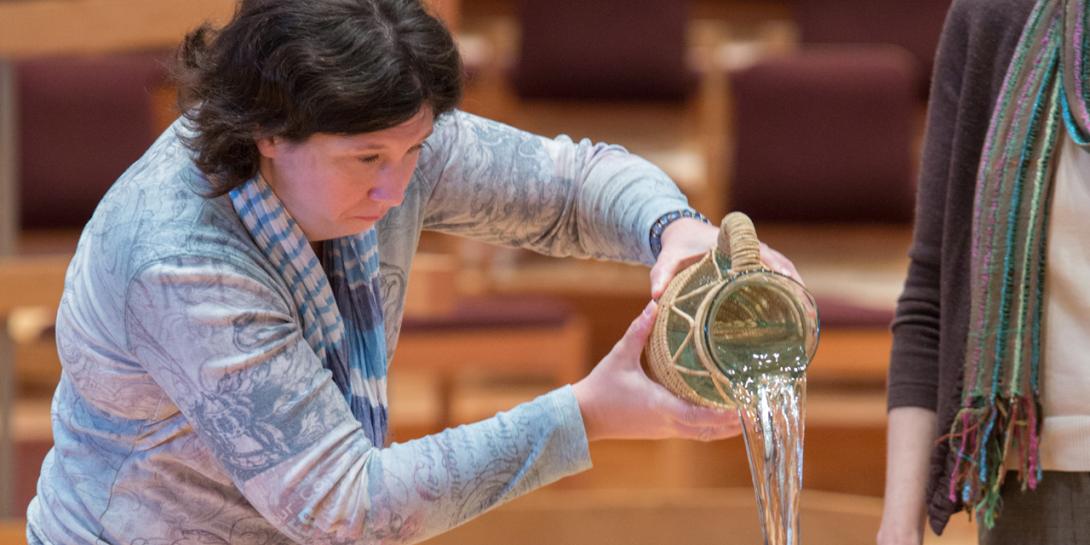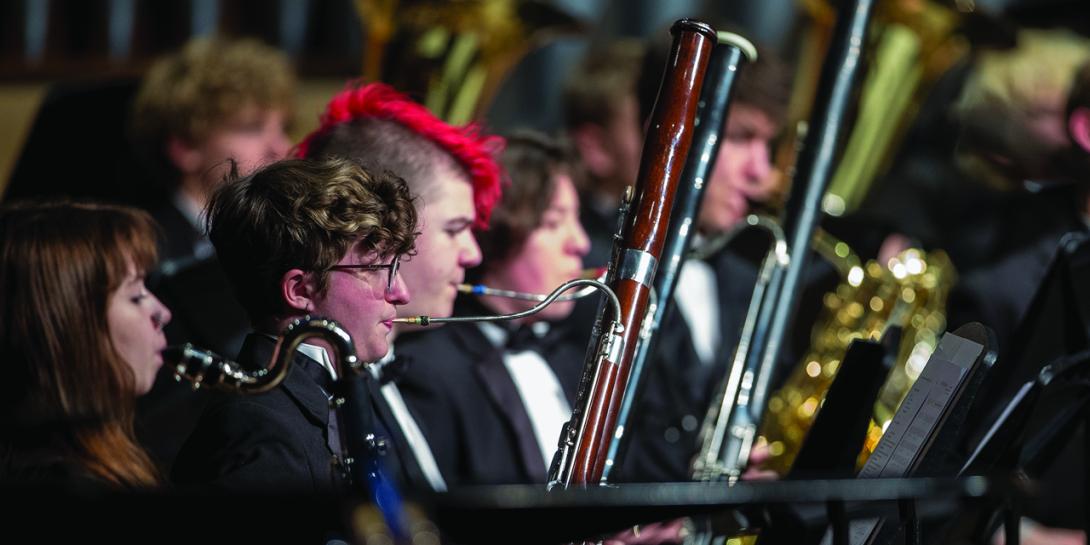Helen Rhee on Early Christianity’s Views on Wealth and Poverty
Many Christians think that how they acquire and use money is peripheral to the gospel. Relatively few preachers address wealth and poverty in their sermons. Yet early Christianity proclaimed and practiced the countercultural value of caring for the poor. Their worship services reflected this value.
Leopoldo Sánchez on Preaching the Holy Spirit at Advent and Christmas
Many Christians understand the liturgical calendar as a way to follow the birth, ministry, death, and resurrection of Jesus Christ. Pentecost season reminds us of the Holy Spirit’s work. But Leopoldo Sánchez suggests a theological twist for Advent and Christmas to remind us of the Holy Spirit’s role in the life of Jesus—and in our own lives.
Helen Rhee on Illness, Pain, and Health Care in Early Christianity
Accounts from ancient historians and early church fathers show that caring for and visiting the sick was an essential marker of what it means to be a Christian. Their example of addressing illness, pain, and health care for everyone, not just Christians, holds lessons for today’s worship planners.
Leopoldo Sánchez on Holy Spirit Worship Practices at Christmas and Beyond
Advent and Christmas present unexpected opportunities to remind us how the Holy Spirit empowers us to participate with and be more like Jesus Christ. The lectionary, visuals, cultural traditions, “Come, Holy Spirit” prayers, and songs can invite us into the trinitarian drama. Spoiler alert: these Spirit Christology approaches apply to every liturgical season.
Kate Strater on Including Young Adults with Intellectual Disability
Young adults with intellectual disability (ID) often feel left out, even at church. But schools, churches, and agencies can work together to create a sense of belonging that nurtures everyone. Inclusive postsecondary education increases opportunity for employment, independent living, and sharing God-given gifts.
Kate Strater on Ministry with and by People with Intellectual Disability
Churches sometimes ignore or separate children and adults with intellectual disability from general church worship and congregational life. But schools, service agencies, and churches can expand one another’s imaginations about what’s possible for and with people with intellectual and development disabilities. Even small congregations can experience the joy of learning to include all abilities in the body of Christ.
Derek Schuurman on a Reformed Worldview and Artificial Intelligence
Many Christians are wary about rapid advances in artificial intelligence (AI). Some think AI has nothing to do with faith or the Bible. Others worry that AI will take over the world. Computer science scholar Derek Schuurman discusses how to connect bytes and beliefs.
Derek Schuurman on Using Artificial Intelligence in Church
You are probably used to artificial intelligence (AI) suggesting ways to complete sentences in your emails and texts. Now that AI has the capacity to write sermons and mimic emotional care, how should AI be used in churches?
Elizabeth Bajema: All Belong in God’s Family
Churches sometimes see themselves as inclusive simply because they have attendees from group homes. But true inclusion means getting to know people as individuals with gifts to offer in God’s family.
Science and Faith in Harmony: Positive ways to include science in worship
Deborah Haarsma and Scott Hoezee explain how worship that honors God as Creator can defuse culture wars between science and faith.
Benjamin Brody on Writing New Hymn Tunes
You might think that hymn tunes must always be in four-part harmony. But hymn tune composer Benjamin Brody includes many music styles for congregational singing in his new hymn collection - At the Weaving of Creation: 50 New Tunes.
Brian Reichenbach on Including Band and Orchestra Students in Church Music
Playing his trumpet in worship alongside adult instrumentalists profoundly affected Brian Reichenbach’s Christian faith and church life. He works to help congregations give school band and orchestra students a similar grounding.












